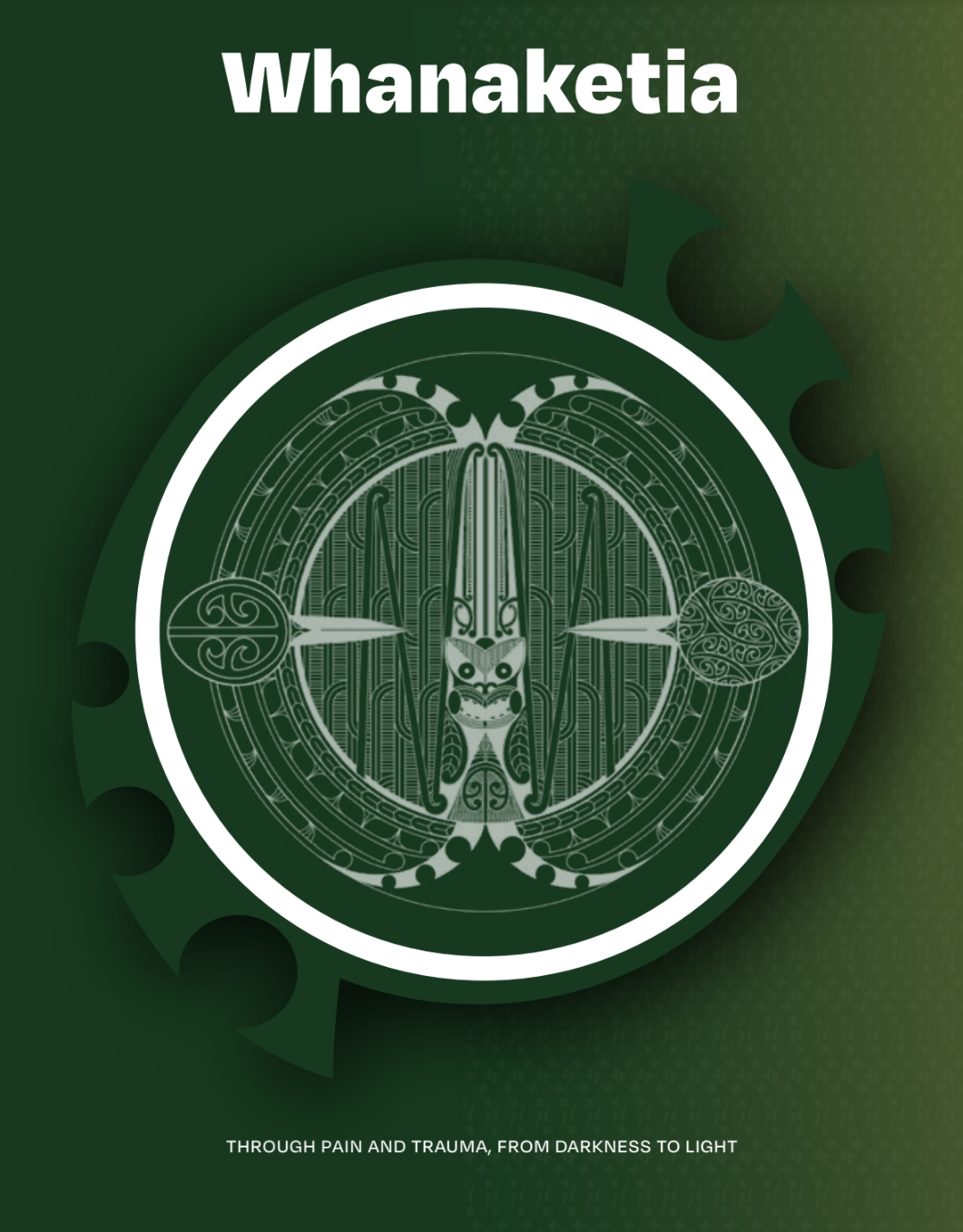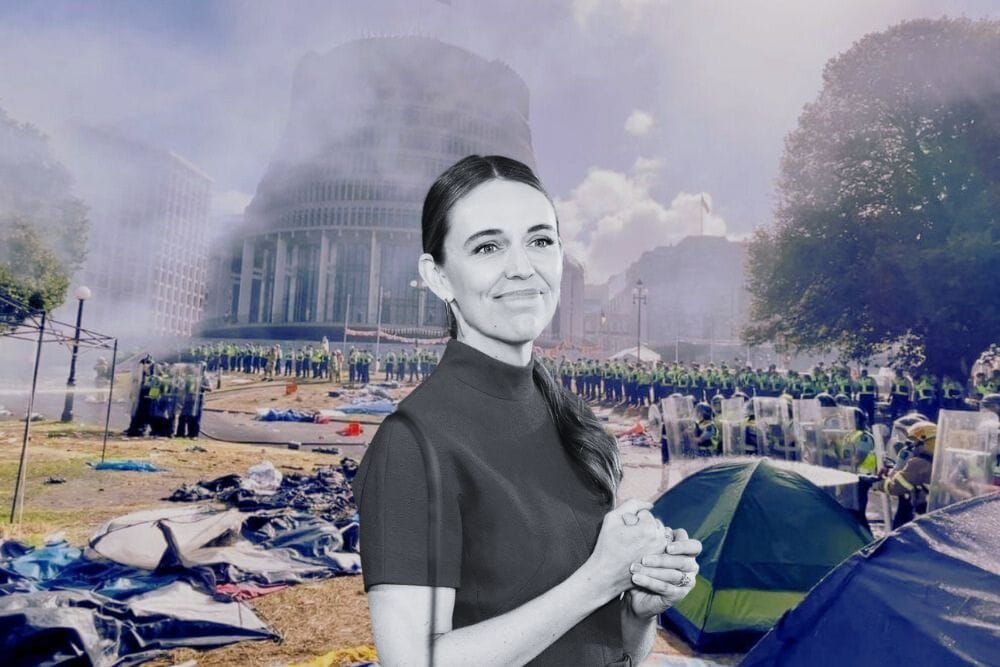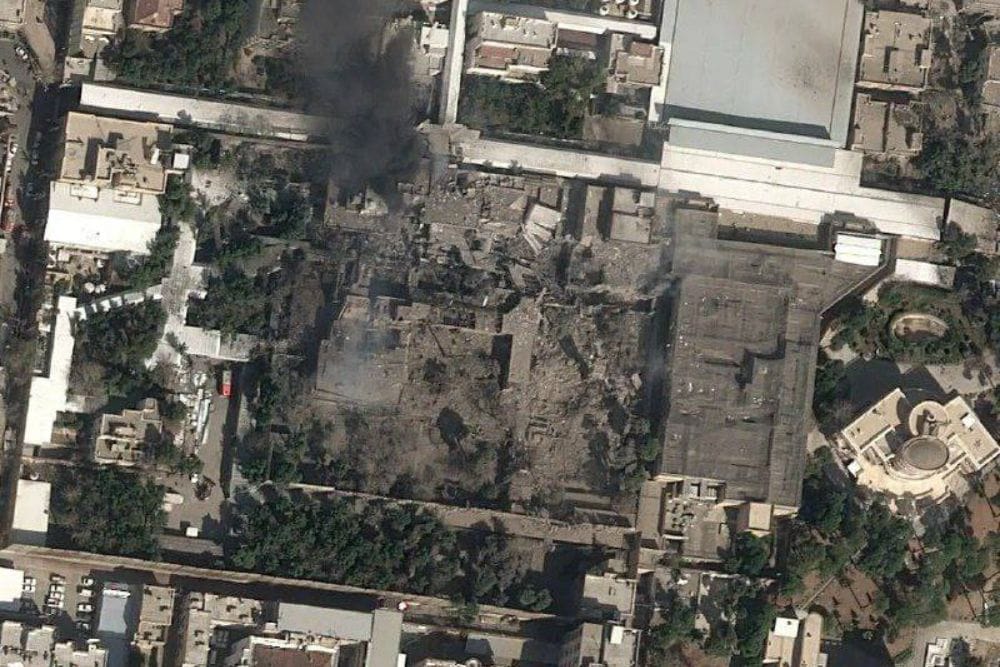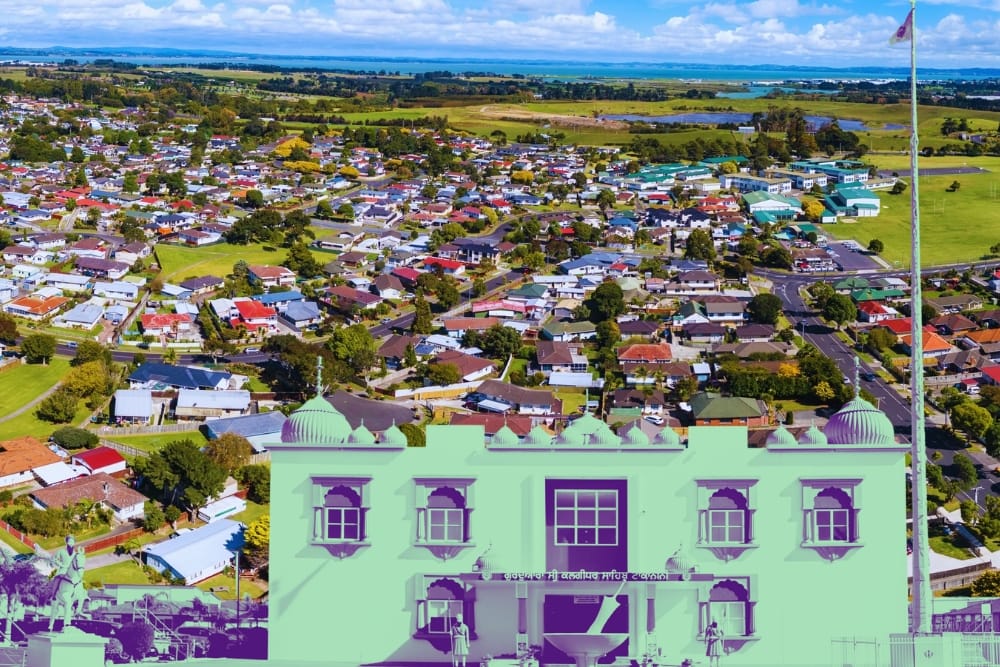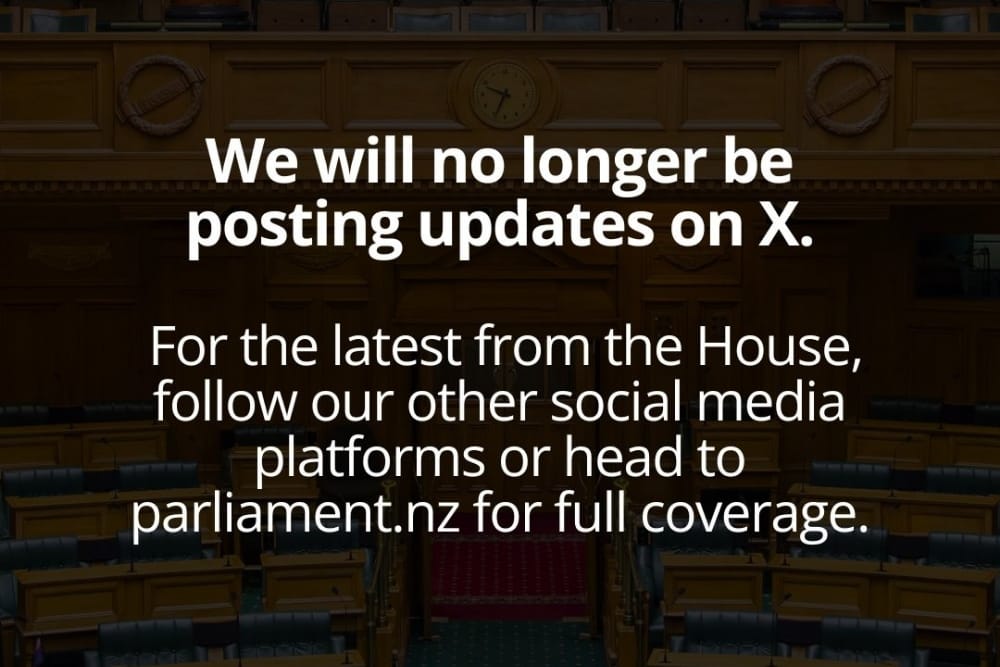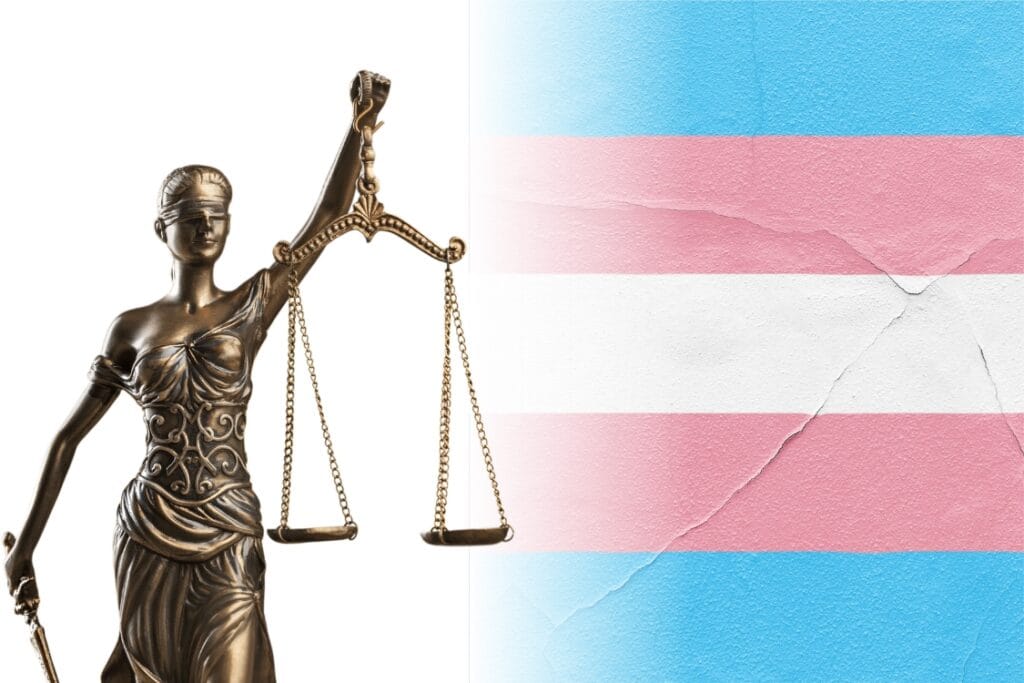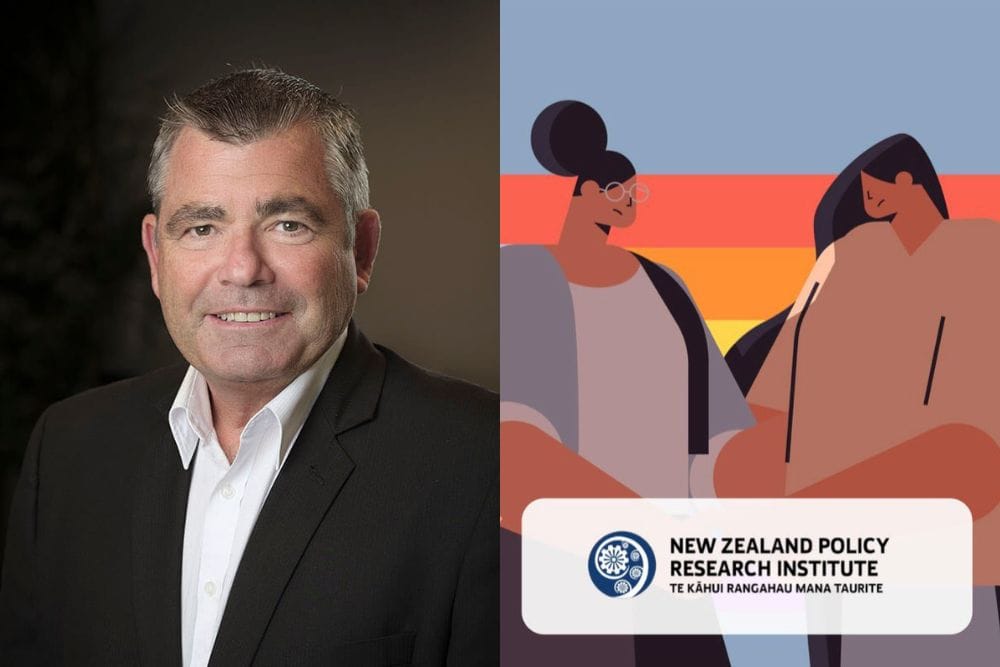The following is the full speech by Prime Minister Christopher Luxon regarding the survivors of abuse during stays at state and faith-based institutes:
Ngā kura mōrehu, kua ngaro, haere atu rā. Ngā kura mōrehu, e whakawhaiti nei kei ngā rangatira. Tēnā koutou katoa.
Treasured survivors, those that have passed, farewell. Treasured survivors that have gathered here. To the esteemed leaders, Greetings.
I’d like to welcome you all here today on what is a significant, sorrowful but important day for you and for all of New Zealand.
I would also like to acknowledge those of you who are watching and listening from all around the country.
I know this day has been a long time coming.
Today I stand before you as the representative of not only this Government, but all of the governments that have gone before us to offer a formal and unreserved apology for the abuse you suffered while in state care, churches and other faith-based places.
It was horrific.
It was heartbreaking.
It was wrong.
And it should never have happened.
For many of you it changed the course of your life, and for that, the Government must take responsibility.
I have said it before, but I thank you again for telling New Zealand with clarity and with honesty what happened to you.
The Royal Commission of Inquiry into Abuse in State Care was the largest, longest and most complex public inquiry ever held in New Zealand.
More than 2,400 of you were incredibly brave and shared your experiences of the abuse you suffered while in state care, churches and other faith-based places.
Places where you should have been safe and treated with respect, dignity and compassion. But instead, you were subjected to horrific abuse and neglect and in some cases torture.
In 16 devastating volumes, page after page your stories left many of us stunned that this could have happened here in New Zealand.
But not you.
You knew the truth because you lived it, and you have waited and waited for people to start listening to you.
Now New Zealand has listened.
Words do matter and I say these words with sincerity: I have read your stories, and I believe you.
It is my duty as the current Prime Minister to formally recognise that the abuse you suffered should never have happened.
Recognition that is long overdue.
Today I am apologising on behalf of the Government to everyone who suffered abuse, harm and neglect while in care.
I make this apology to all survivors on behalf of my own and previous governments.
You deserved so much better.
And I am deeply sorry that New Zealand did not do better by you.
I am sorry you were not believed when you came forward to report your abuse.
I am sorry that many bystanders – staff, volunteers and carers – turned a blind eye and failed to stop or report abuse.
I am sorry the State’s oversight of people in care was so poor.
I am sorry that many abusers were not made to face justice which meant that other people experienced abuse that could have been prevented.
I am sorry the State did not act quickly and boldly enough to put much better protection in place for people in all care locations, and that those acting on behalf of the Crown lost sight of you – the people behind the claims.
Everyone in care was vulnerable to abuse, but some people suffered even more harm because of who they were.
Many Māori, Pacific, deaf and disabled people suffered harsher treatment than others.
Māori and Pacific children suffered racial discrimination and disconnection from their families, language and culture.
Blind children were denied access to books in braille.
Deaf children were punished for using sign language.
Children and vulnerable adults with intellectual disabilities were not supported to learn or communicate.
Some children and adults in care were targeted because of their sexual orientation or gender identity.
Some mothers were pressured or coerced by the State to give up their babies for adoption, often leading to long years of mental suffering for them and the children they were forced to give up.
To all of you, I am sorry.
I acknowledge the abuse had a devastating impact on not only you but also the people closest to you.
Your partners, children and grandchildren.
Some parents were told that putting their children in state care was the right thing to do.
Very often, it was not.
To those parents, I am sorry that we did not care for your children as if they were our own.
To those of you who were tortured at Lake Alice.
Young, alone – and subjected to unimaginable pain.
I am deeply sorry.
I would like to acknowledge those who are not alive to hear this apology.
Today we feel you here with us.
And I extend this apology to you, your families and whānau.
I want to acknowledge those of you who struggled to get help from government agencies when you came forward to report your abuse.
This has meant you have had to re-live your trauma over and over again.
Agencies should have done better and must commit to doing so in the future.
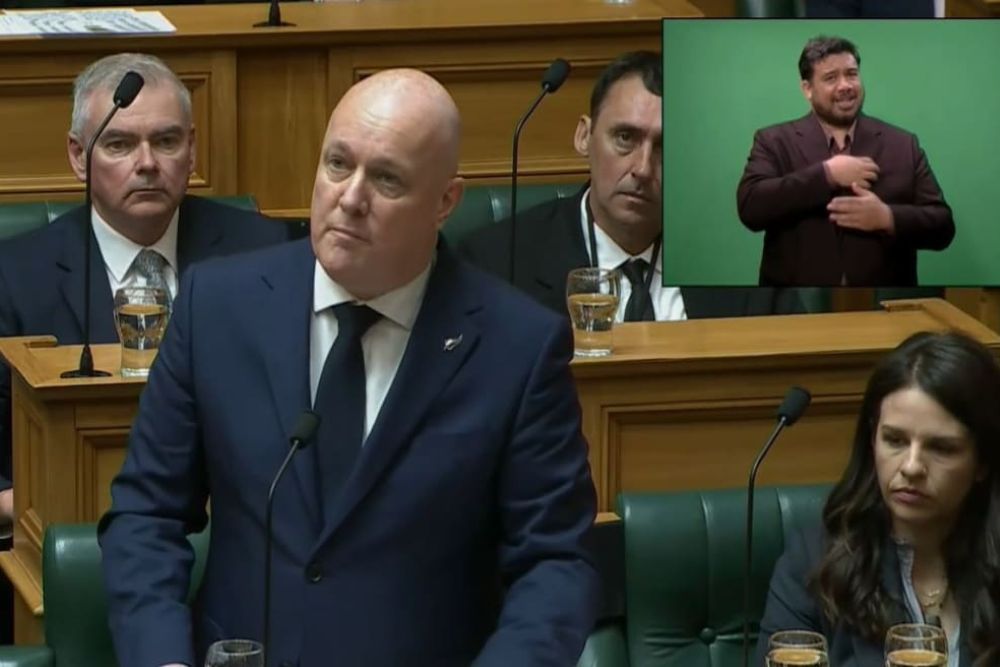
Many of you were denied knowledge of what happened to you because record keeping during your time in care was so poor or deliberately inaccurate.
Your own personal information was often withheld, destroyed, lost, or wrong or incomplete.
Often there was no record of your ethnic origins, your family and whānau, the harm you experienced, the complaints you made, your medical treatments, or what social workers said about you.
I am sorry.
I stand alongside the chief executives from seven government agencies who have this morning apologised for the failings and omissions by their agencies.
Some faith-based organisations are making their own apologies.
I strongly encourage them all to do so, to honour the survivors who were abused while in their care.
The Government has written to church leaders to let them know our expectation is that they will do the right thing and contribute to the redress process.
No apology can right the wrongs of the past.
Some of you may feel my words count for little, after so long and so much hurt.
But one of my hopes is that today, with this apology and the acknowledgement of your burden, it becomes a little lighter for you.
Clearly, words must be accompanied by actions.
For me, there are two big lessons from the Royal Commission of Inquiry that we must act on quickly and thoroughly.
First, we must do the right thing by you and provide you with the support that you need.
Second, we must do all we can to prevent abuse happening in the future.
It is important to note that not all care was abusive and certainly not all caregivers.
There are many New Zealanders who have formed loving and lifelong bonds with the foster families who have opened their doors and hearts to them.
I do want to thank those who have provided loving and appropriate care in the past, and those who continue to do so today.
The Royal Commission itself says that by 1999 there had been improvements to the care system.
But we must do better.
We must do better at improving the experience of those in care, and we must do better at ensuring fewer people end up in state care in the first place.
The Royal Commission made 138 recommendations for change. The Government is carefully considering those recommendations.
I am heartened at the words of support from the Leader of the Opposition and other parties to put politics to one side and work together to achieve lasting change.
Today I want to provide you with some more detail about our intentions.
The Government’s response is focused on three areas – firstly, acknowledging the abuse through the tabling of the report and this formal apology, secondly supporting survivors, and thirdly preventing abuse from happening in the future.
I am pleased to announce today the Government has completed or started work on 28 recommendations in the report.
To demonstrate our commitment to change, this afternoon a Bill, that will introduce a range of measures to improve the safety of children and vulnerable adults in state care, will have its first reading in Parliament.
I know that financial redress is important to many of you, and no amount of money will ever make up for what you have endured, but today I want to provide you with some details around the next steps.
Many of you do not want to engage with it as it currently exists.
Some parts of it are 20 years old and it can take up to five years for your claims to be addressed.
But there are also over 3,500 of you engaging with the current system.
So today I am announcing the Government will invest an additional $32 million to increase capacity in the current system while we work on the new redress system.
This funding will increase resources and help ensure the system is more responsive to your needs.
But I want to assure you it is our intention to have a new single redress system operating next year.
While financial redress is important to some of you, others of you are looking for easier access to support services.
The Government will establish a $2 million fund that will support organisations that are already working with you.
This will help you to navigate and access the support that you need more easily.
One of the most important things we can do in light of the Royal Commission of Inquiry is improve safeguards to prevent the abuse of children and vulnerable adults in care.
The system has already improved markedly since the 50-year period to 1999 that the Royal Commission focused on.
Back then, many people in care were in large institutions. Today, the vast majority are in the care of households or small-scale community-based care places.
There have been improvements in areas like professional standards, staff training and vetting, and complaints procedures.
But the Royal Commission made a number of recommendations around further improvements which the Government will carefully consider.
We have started the process to remove the ability to strip search children in care, provide new search powers for people visiting youth justice facilities, and to strengthen restrictions for people working with young children.
We will also change the Crimes Act to better recognise disabled people and will improve record keeping in government agencies.
I would like to thank the other political parties for their support in progressing this bill today.
I know that raising public awareness to help prevent future abuse is important to you as for decades, many of you suffered in silence.
Today I am announcing a National Remembrance Day will be held on November 12th next year to mark the one-year anniversary of this apology.
This will provide us with an opportunity to stop and reflect on what you endured and ensure we are doing all we can to prevent future abuse.
Today I can tell you we will start work on removing memorials – including street names, public amenities, and public honours – of proven perpetrators.
We will also work with local authorities to honour and care for unmarked graves located on sites that were places of care in New Zealand.
Before I close, I want to say that to have hope, however bleak your circumstances, is an important part of being human.
I know there are survivors among you who have managed to overcome what happened to you and have gone on to lead fulfilling lives and have ensured abuse was never part of your own children’s lives.
I applaud breaking that cycle that too often hangs like a curse over families.
It does not mean you have forgotten or forgiven what occurred.
However, you have been able to pierce the darkness with the light of hope and work through what you endured, to take opportunities and find pleasure in life.
My hope is that today allows more of you to find a little more light because while today is about your past, it is also about your future.
It’s also about the future of others who may find themselves in care.
They will have a better experience thanks to your voice, your courage, and your persistence.
It is on all of us to do all we can to ensure that abuse that should never have been accepted, no longer occurs.
That will be an enduring legacy of your contribution to changing the system, and the Government’s commitment to implementing that change.
I would like to again thank those of you who told your stories.
You have been heard.
And you are believed.
You have helped achieve what you must have wished for yourselves – better protection to prevent the suffering of vulnerable and voiceless people.
I would like to acknowledge those of you, the wounded healers – who despite the trauma you have been through – have helped advocate for other survivors. That is selfless.
I thank the Royal Commission staff and commissioners.
I thank all those continuing to work on this response.
I would like to thank the Leader of the Opposition Chris Hipkins and all of the other political parties who have worked with us on this day.
I also want to thank those many, many good people in social services who go out, day after difficult day, to try to help protect those who are in danger, to strengthen those who are weak and to support those who are vulnerable.
Finally, to the survivors of abuse in care, I hope this apology may help your healing.
What happened is part of your life story, but not the only part.
This apology, which you may each take as personal, is now part of your story, too.
I would like to end with a karakia from Waihoroi Shortland.
Your truth we are challenged to uphold.
Your courage we are bound to honour.
And your right to be heard, we receive with privilege.
No reira, Tena Koutou, Tena Koutou, Tena Koutou Katoa.
Thank you.

